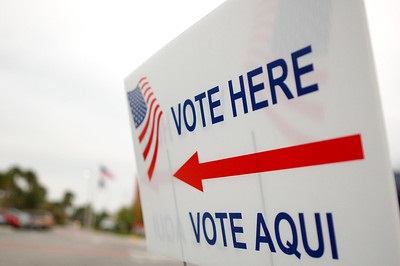Of all the controversies government agencies would like to avoid, election interference is pretty high on the list. Citizens expect agency leadership to have a political agenda; that’s why they were put in place. But when the civil service seems to be backing one side or the other, that leads to no-win situations. The candidate being bolstered has to run away from accusations of electioneering, and the candidate opposing them isn’t going to have kind words or questions for the agency if they are in office (or win a future election).

There are more than nine million local, state and federal employees, excluding teachers and the postal service. Many people have strong opinions about politics – and that means some of them are going to cross the line. Some of them will do so intentionally, but many will do it without realizing what a problem it creates for agencies who work hard to prevent the perception of political bias. Jobs are at stake; no agency wants to find their employees on the chopping block when government control changes hands due to a mistrustful political class.
A recent example of this at the US Department of Energy brought this issue to the forefront. An employee of the US Department of Energy was forced to resign after he gave a private tour to a political candidate who was denied official access.
Zachary Kurz, OSC’s (The Office of Special Counsel) communications director, told Government Executive that the office “recurrently receives Hatch Act complaints about federal employees providing candidates for political office special access to federal facilities.” Therefore, the office wanted to make federal employees aware that “granting such special access to advance a partisan political campaign could violate the Hatch Act.”
While the employee in question was warned ahead of time that his behavior would violate the law, the Office of Special Counsel makes it clear that this is a recurring issue. They also have asked for help in getting the message out that political candidates cannot be provided access to government facilities outside of official channels.
This is an issue for local and state employees as well – while each state has different regulations, most states bar the use of government resources to support a candidate (including political activities while public officials are at work) at the very least. The federal Hatch act also applies to any position supported with federal funds, including state and local employees.
Providing reminders to employees about what activities are prohibited during primary season, and again during the general election, could save agencies and their employees future headaches.
To learn how CMTS can help your agency reduce frustrations
due to poorly configured or outdated case management software, call us at 855-667-8877
or email us at Team_CMTS@securecasemanagement.com.
